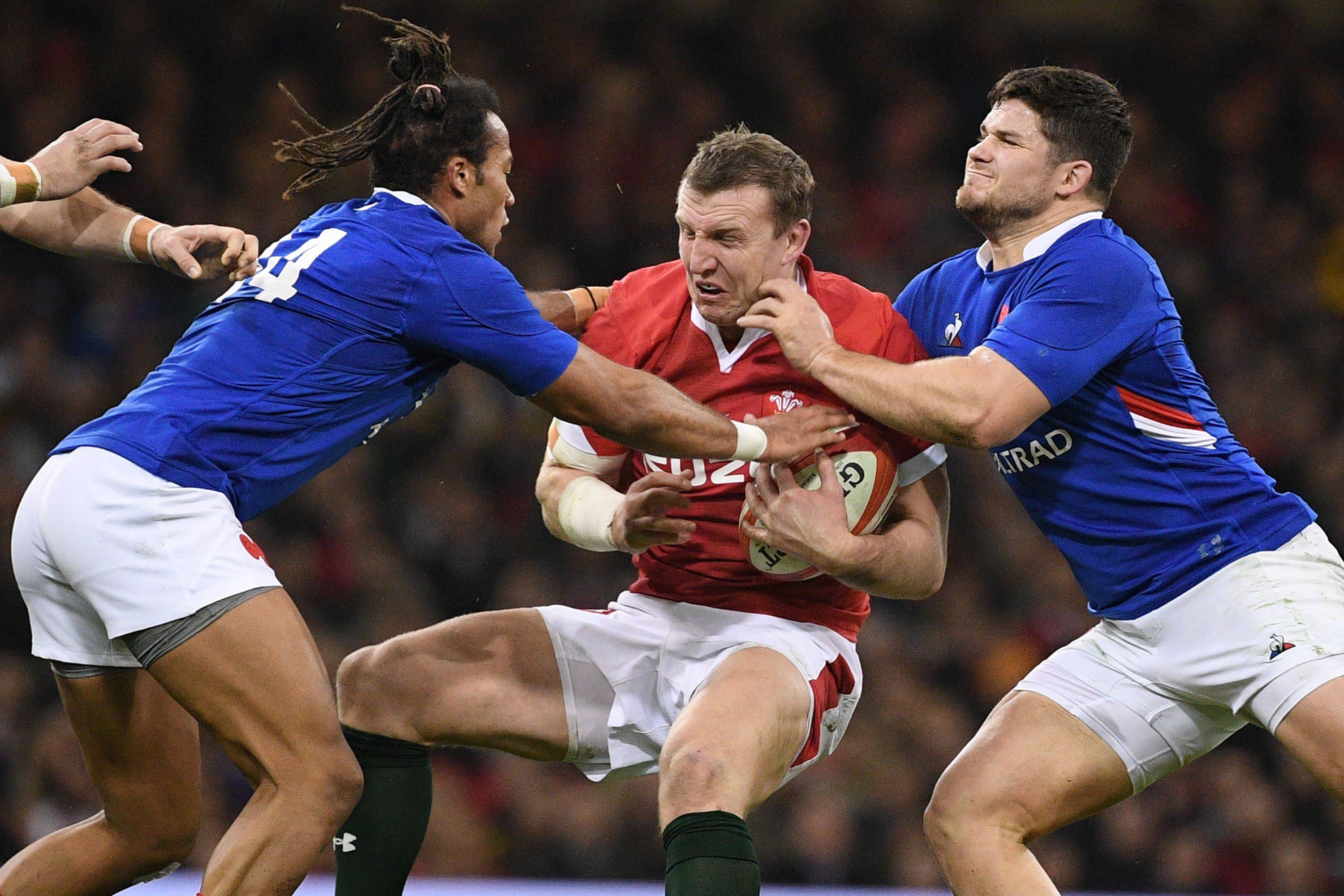Georgia will replace Japan in the new eight-team Autumn Nations Cup competition being held in Europe in November, with the format and fixtures confirmed by organizers on Thursday.
After the original November internationals were cancelled because of travel restrictions impacting the Southern Hemisphere nations, an "alternative Six Nations," with Fiji and Japan added, was devised. Japan too then had to withdraw because of COVID-19 travel complications, with Georgia stepping in.
The new competition will be comprised of two pools of four. Group A will include England, Ireland, Wales and Georgia, with Group B featuring France, Scotland, Italy and Fiji.
The action gets underway over the weekend of Nov. 13-15, kicking off with Ireland vs. Wales in Dublin on the Friday. This will be followed on Saturday by England vs. Georgia and Italy vs. Scotland, while on Sunday France will host Fiji.
The competition will conclude on the weekend of Dec. 5-6 with a final round of matches where each team will face off against the team ranked in the same position in the opposite pool.
Wales's home games are expected to be held at London venues as the Principality Stadium is still unavailable after being used as a COVID-19 hospital.
Before that, the rearranged games in the Six Nations will be played, with Wales vs. Scotland, Italy vs. England and France vs. Ireland on Oct. 31 and Ireland vs. Italy on Oct. 24.
"While the challenges presented by the COVID-19 pandemic made the traditional Autumn test window unfeasible, we remained determined to deliver a unique and compelling tournament proposition which would ensure world class rugby for our fans globally, and competitive matches for players, unions and federations," Ben Morel, CEO of Six Nations Rugby, said in a statement.
There will be a Twickenham doubleheader on Nov. 21 when the men play Ireland and the women play France in the second of their two autumn internationals.
It is still unclear how many fans, if any, will be able to attend the matches across the competition. England had been hoping to have at least 20,000 at Twickenham, but the new restrictions announced by the government on Wednesday could make that difficult.
"We remain cautiously optimistic about the return of fans to the stadium," Rugby Football Union CEO Bill Sweeney said.
International matches are the main source of income for rugby unions and they will be desperate to start selling tickets after seeing their finances massively impacted by COVID-19 over the last six months.


















With your current subscription plan you can comment on stories. However, before writing your first comment, please create a display name in the Profile section of your subscriber account page.